On April 9th, the final face-to-face meeting of the European project FTDCHE – Fostering Digital Competences in Higher Education took place in the picturesque city of Koper, Slovenia. Nestled on the Adriatic coast, Koper boasts a charming historic center with Venetian roots and a significant port. Once part of the Austro-Hungarian Empire, today it serves as a vibrant hub of cultural and academic activity.
The meeting was hosted by the University of Primorska and brought together representatives from all partner institutions: the University of Málaga (Spain, coordinator), the Polytechnic University of Bucharest (Romania), University Colleges Leuven-Limburg (Belgium), Šiauliai State University of Applied Sciences (Lithuania), and the Slovenian host institution. This final meeting marked the culmination of a fruitful and dynamic collaboration that has produced valuable tools to enhance digital teaching skills in higher education.
A highlight of the event was the presentation of the educational platform Sollertia (sollertia.ftdche.eu), which now houses all the learning materials from the pilot course. These resources—freely accessible—include instructional videos, interactive content, and practical exercises aimed at strengthening the digital competences of university educators.
The project’s official curriculum was also presented, available on the Open Science Framework (osf.io/g5qwe), alongside updates on the upcoming Methodological Guide. This guide is being designed to support other educators and institutions in launching similar online training programs, with a focus on structured design, pedagogical quality, and practical implementation.
In addition to reviewing administrative tasks and future sustainability, partners unanimously praised the excellent coordination by the University of Málaga, the effective distribution of tasks and funding, and the quality of the project outputs. The project officially concludes on May 31st, 2025, yet its legacy will continue through future editions of the course and the open-access reuse of its resources.



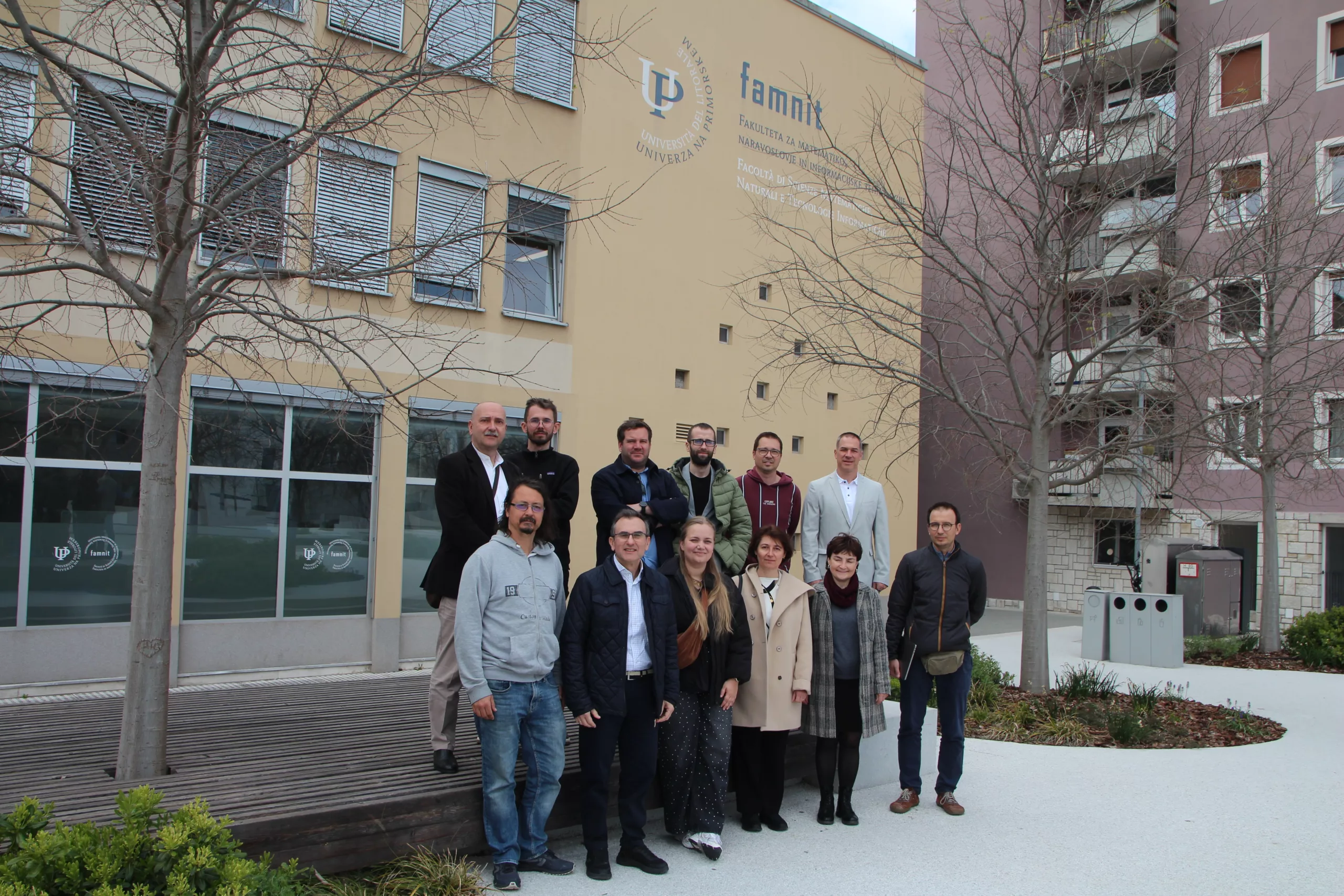
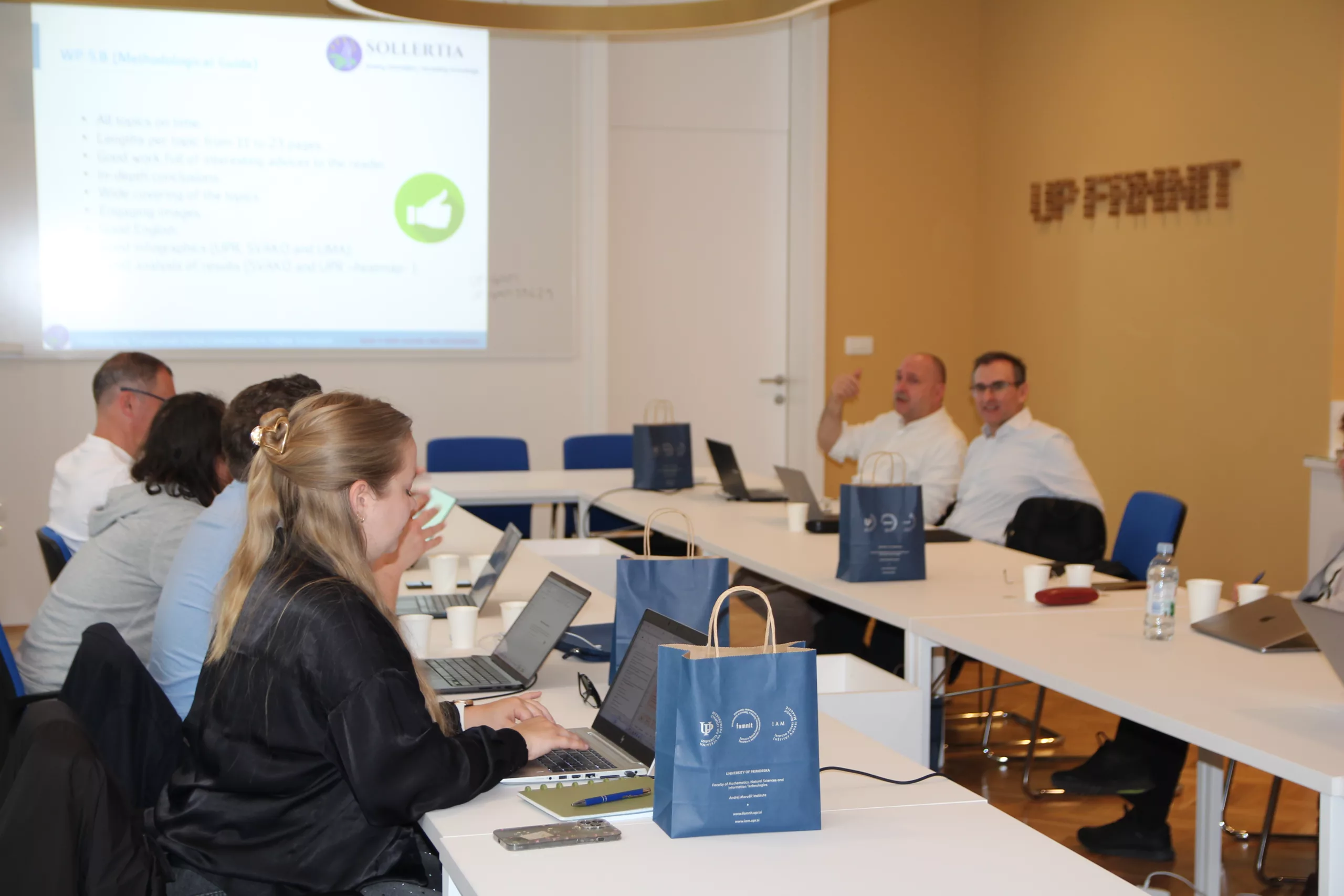
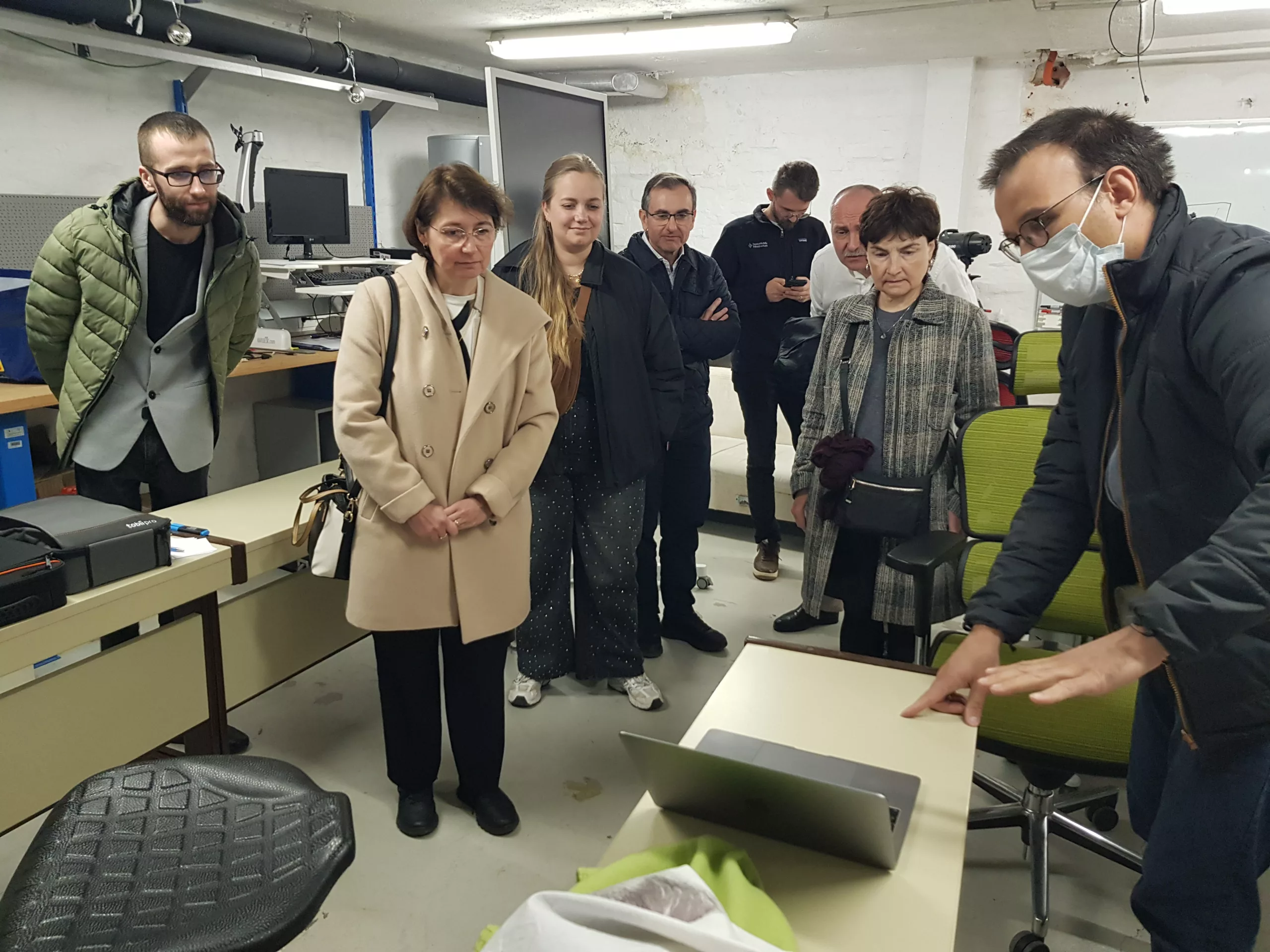
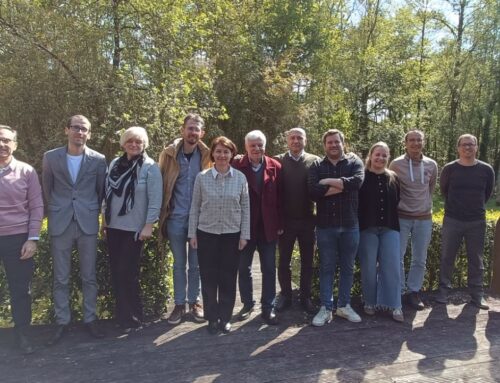
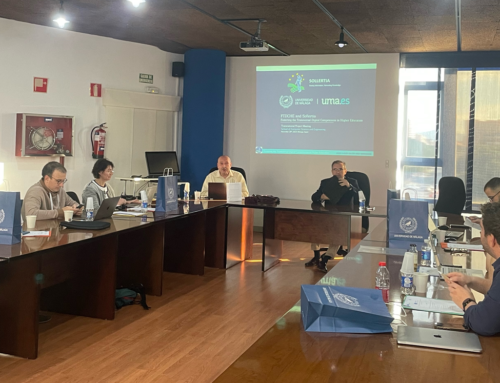
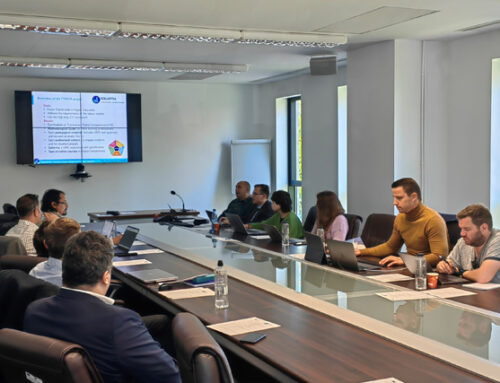


Leave A Comment